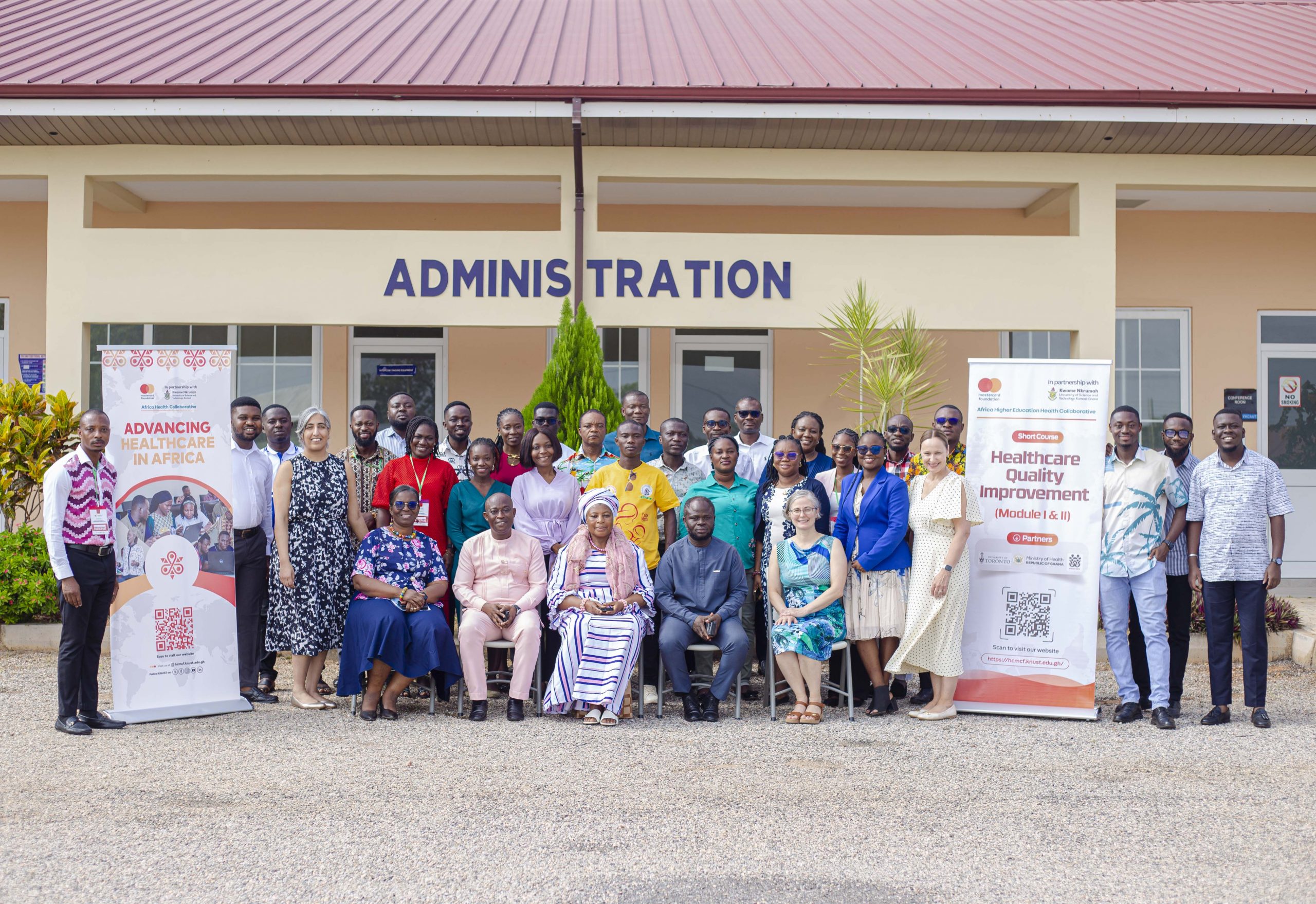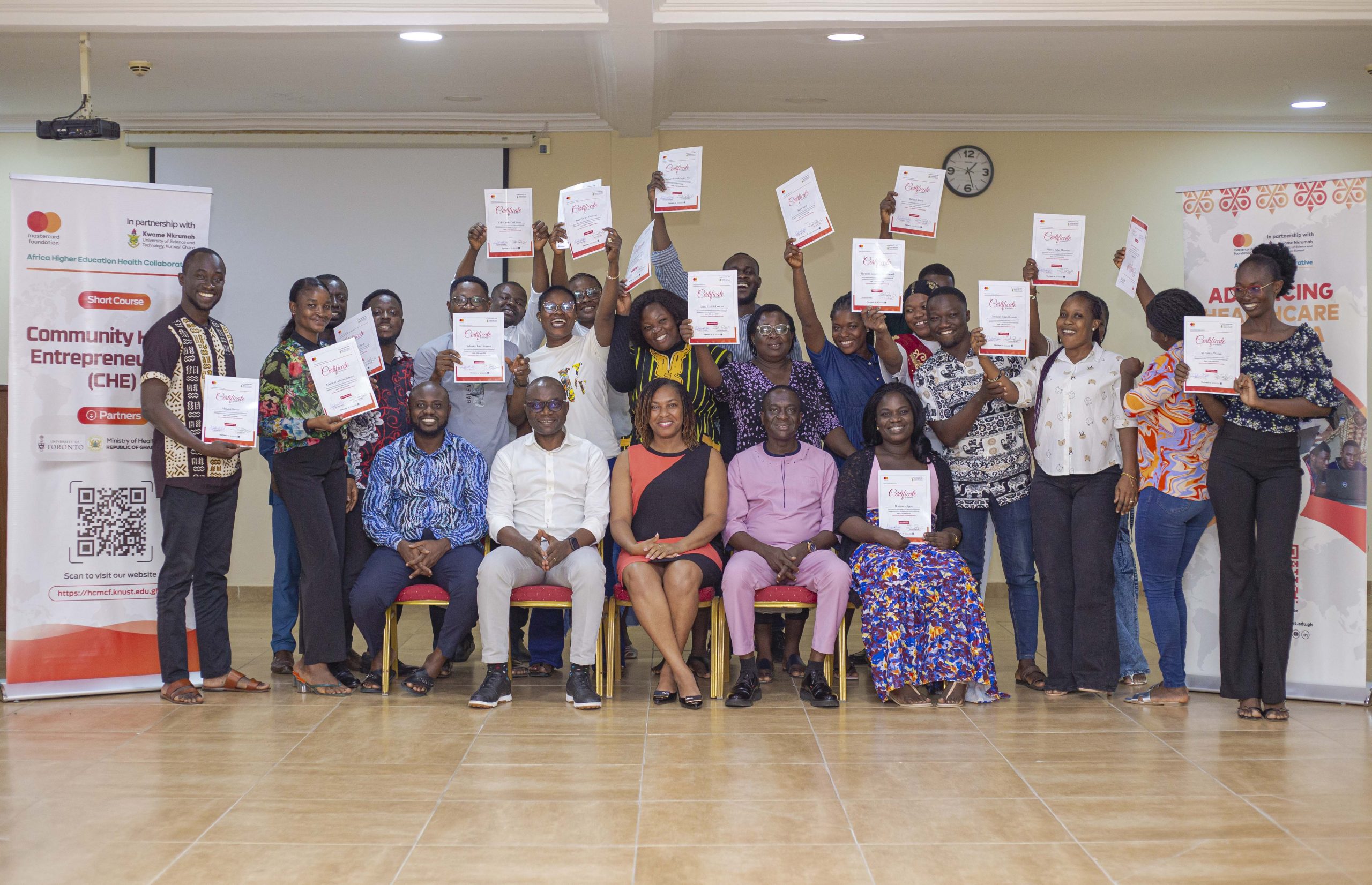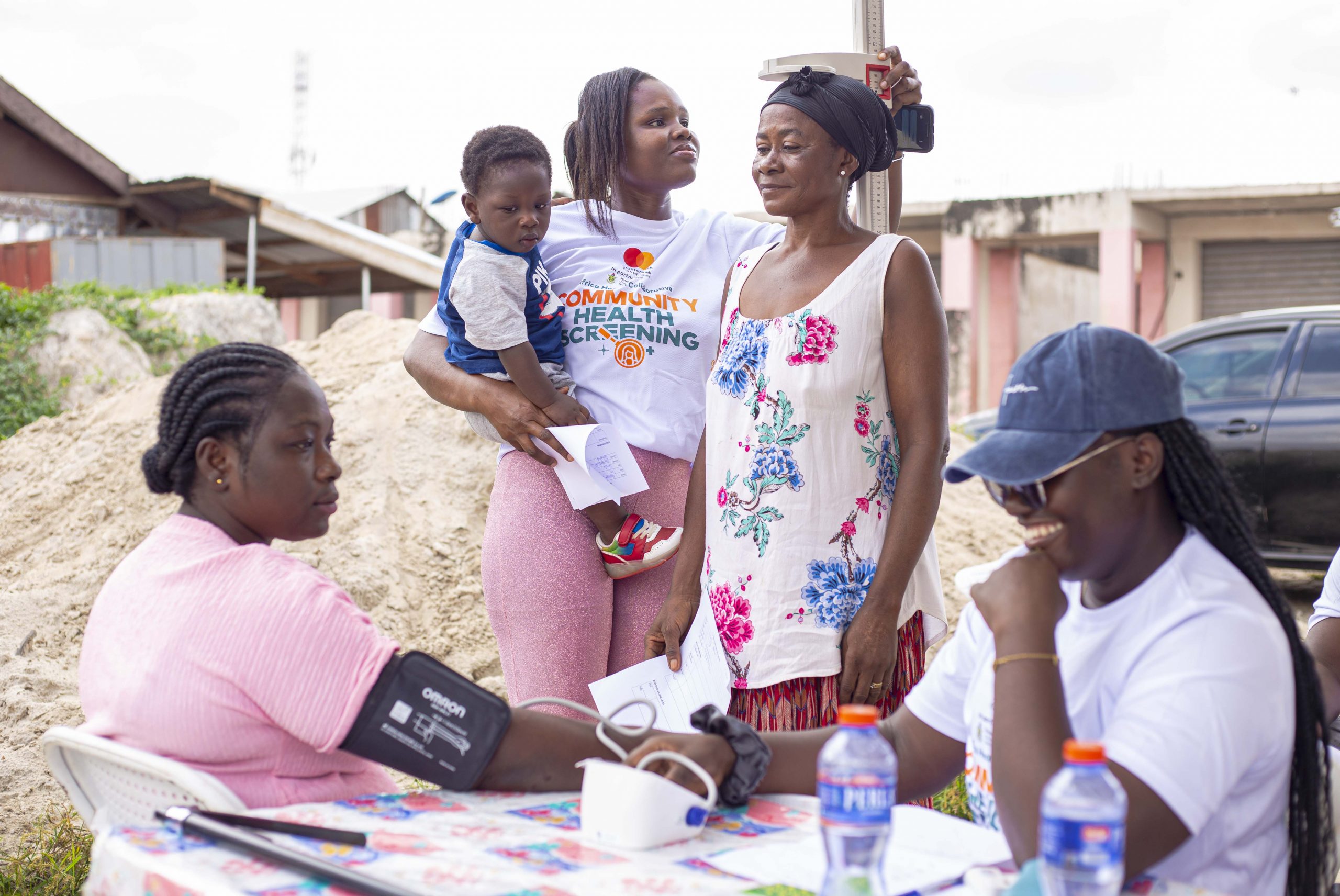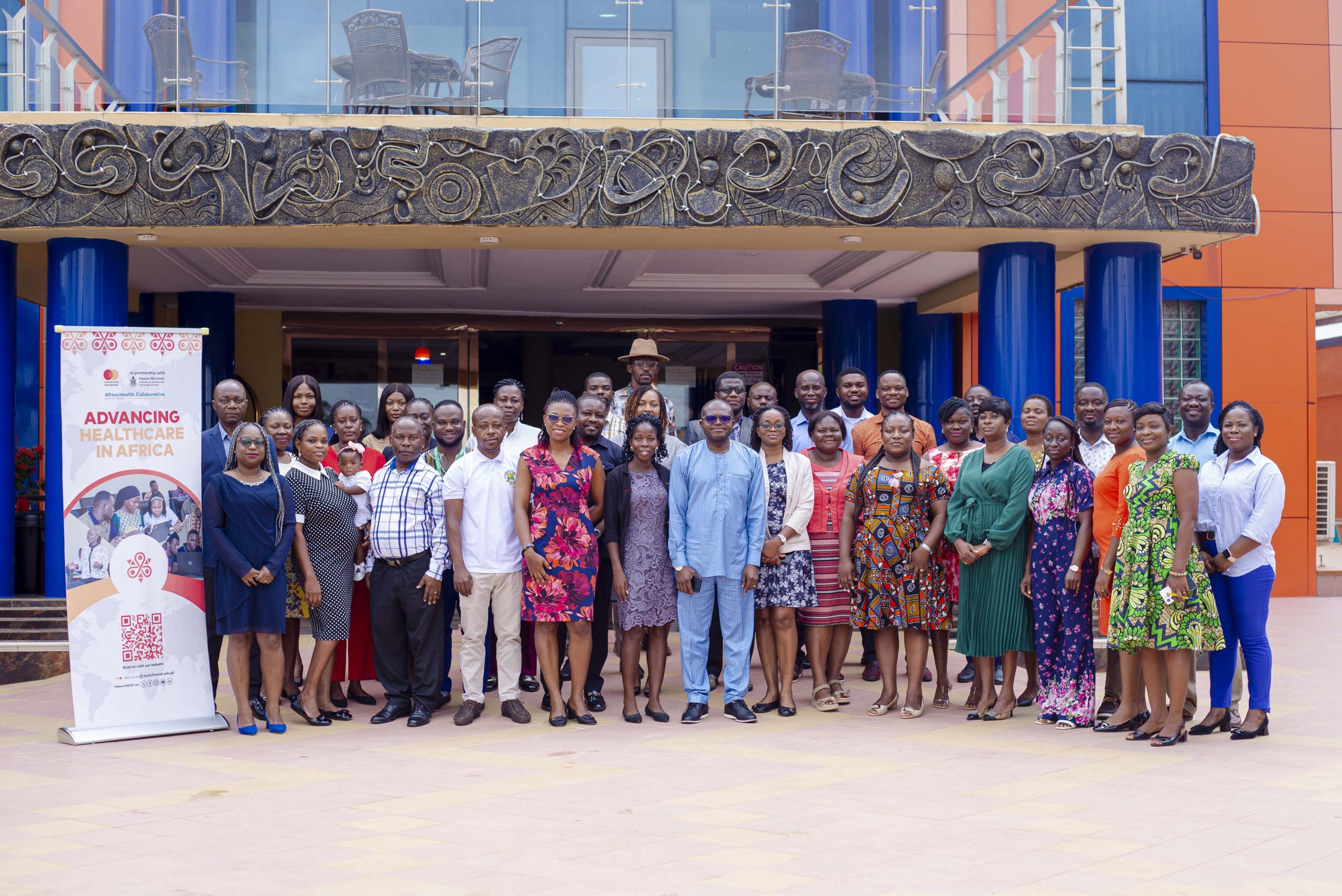A six-member team at the just concluded Health Entrepreneurship training for primary health care personnel has developed a smart cane concept to assist the blind.
An optometrist, a lab scientist, a health promotion officer, and three nurses constituted the perfect mix to conceive an assistive device for Ghana’s blind population.
After going through the modules taught at the fortnight-long workshop, the group, dubbed Visicane Technology, was born.
According to a report by the International Agency for the Prevention of Blindness, there are about 300,000 Ghanaians who are blind and about 332,000 who suffer from severe visual impairment.
Apart from socioeconomic pressures, they also face significant mobility challenges.
Visicane Technology envisions a smart cane with proprietary assistive and protective features.
Indeed, the course has opened up the group to the world of design thinking and product development, which propelled them to add features that surpass current competition.
To cap it off, it comes with a competitive price tag.
Group leader Ms. Akua Asare-Ankomah affirmed the group’s resolve to fulfill a number of the Sustainable Development Goals with the smart cane.
“We believe the smart cane will help with Goals 1, 2, 3, 4, 5, 8, 10, and 11,†she stressed.
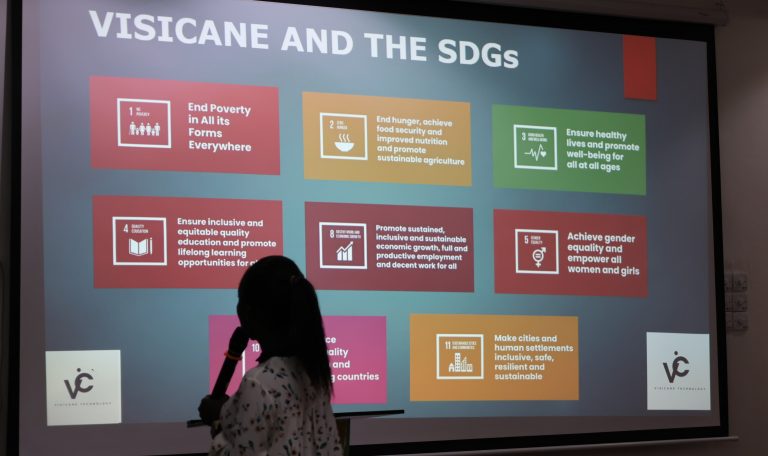
Let’s watch out for Visicane Technology’s exploits.
About the Health Entrepreneurship workshopÂ
60 primary healthcare personnel were selected from all the 16 regions to participate in the inaugural course.
The event under the auspices of the Health Entrepreneurship pillar of the Collaborative aims to empower professionals in nurturing entrepreneurial mindset to develop robust health initiatives in Ghana.
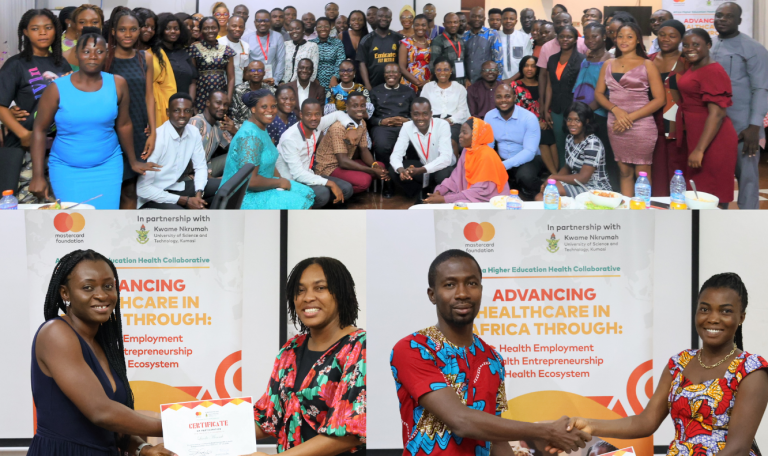
Another participant, Dr. Kingsley Tettey from Likpe Bakua Polyclinic in the Guan District of the Oti Region, urged his colleagues to explore the opportunities in the districts.
“At the district level, there are lots of opportunities for us. I’m taking it back there, and so I’m begging you too, when you go back, let’s identify the problems and create solutions,” he said.

Lead facilitator, Dr. Isaac Tweneboah Kodua encouraged the participants to continue “thinking entrepreneurially†in their workplaces.
He charged: “Go back and apply the simple concepts we’ve taught you so that they can make a meaningful impact on your organization and your businesses.â€
Principal Investigator of the project, Prof. Ellis Owusu-Dabo also added: “Be the changemakers in your communities.”


